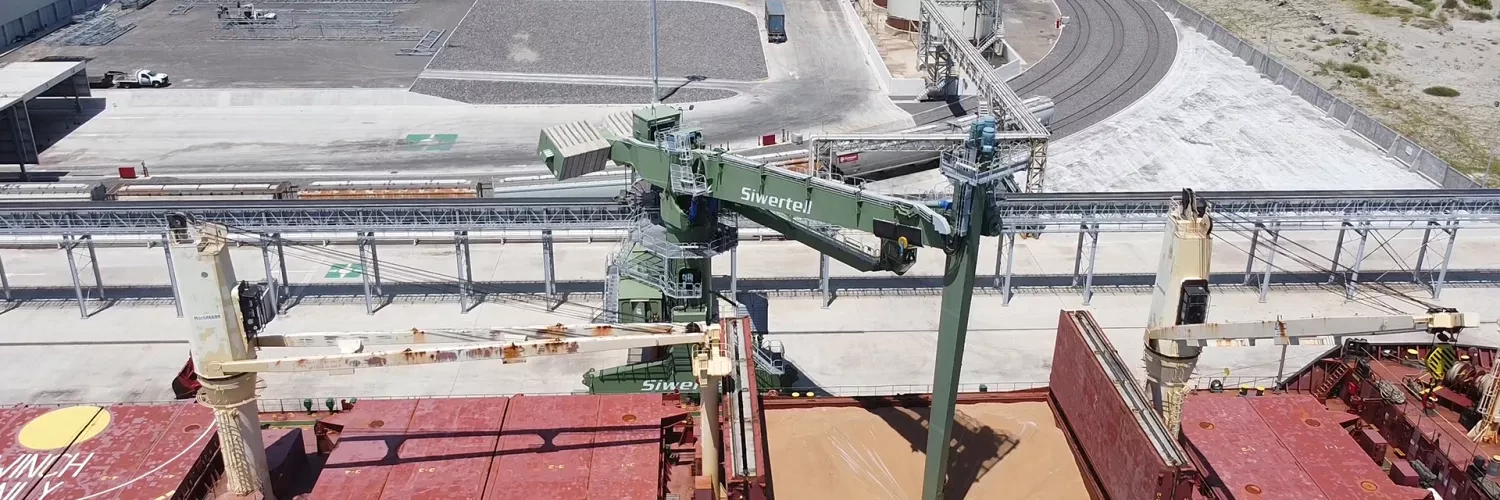Port terminals
PORT TERMINAL DRY BULK CARGO HANDLING EQUIPMENT UNDERPINS GLOBAL DEVELOPMENT
The majority of the world’s food, construction and energy supplies are transported by a global maritime network of vessels, ports and import and export terminals, making port terminal cargo handling equipment critical to populations, their growth and development.
By maximizing the speed at which dry bulk cargoes and free-flowing material can be unloaded from a vessel and transferred to an onward receiving system, a port terminal’s efficiency is increased. This is vital to meet rising population demands. We must also balance this with environmental responsibility. Our port terminal dry cargo handling equipment includes fully enclosed ship unloading and loading systems that protect the environment, eliminating waste from cargo spillage and dust emissions in the material handling process.
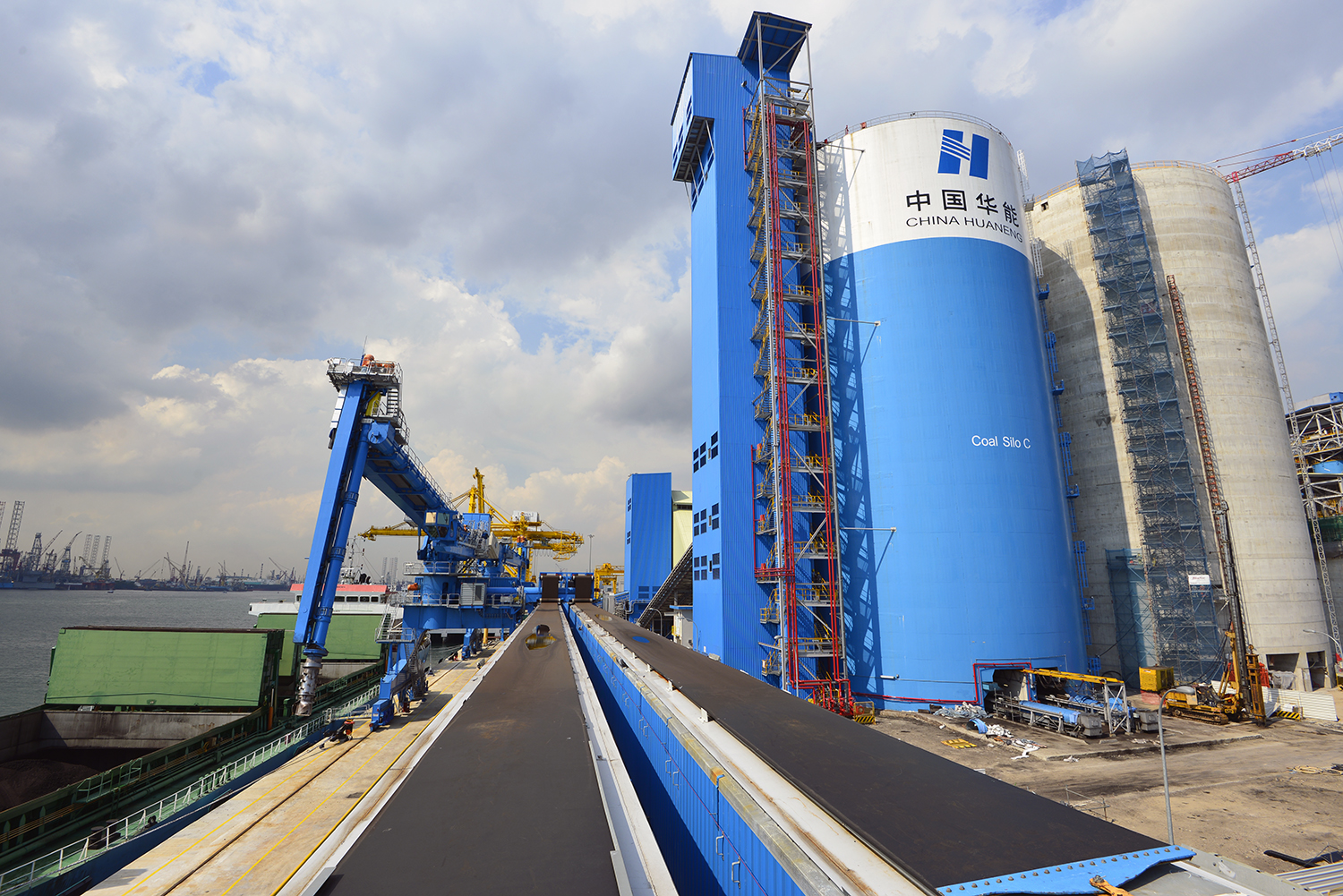
READ MORE ABOUT PORT TERMINALS
Understanding unique requirements
We aim to make today’s port terminals as clean and efficient as possible through the use of market-leading dry bulk material and cargo handling equipment and processing technology. To achieve this, we work with the unique requirements of every import and export dry bulk facility, designing optimized port terminal cargo handling equipment solutions and operating systems.
Different port terminal cargo handling equipment requirements are determined by multiple factors including regional regulations, capacity demands, volumes and types of cargoes and dry bulk materials and vessels handled. Existing infrastructures frequently have to be taken into account as well. To achieve the best results, port terminal cargo handling equipment and port terminal operating systems must be matched to needs.
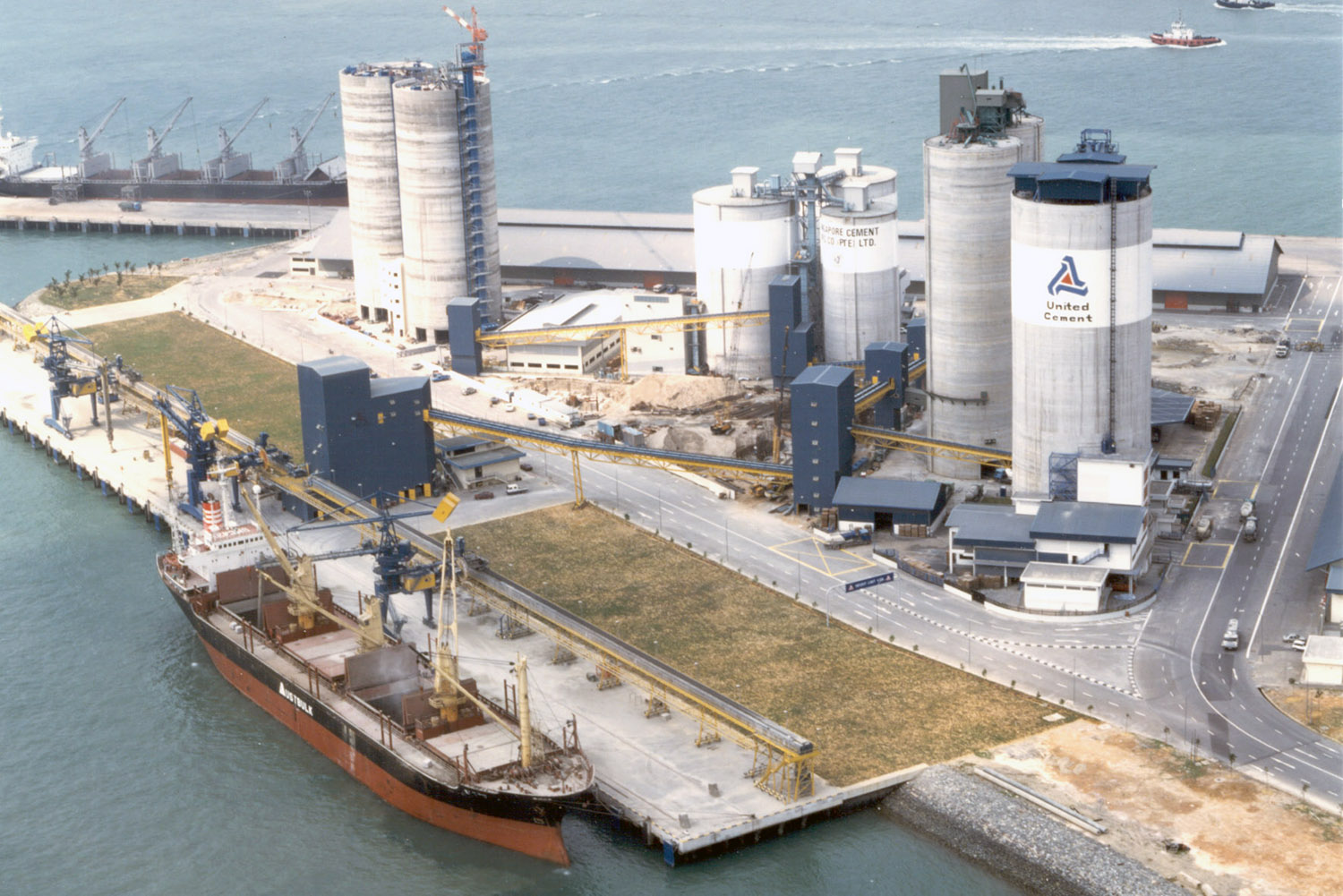
Ship unloaders and loaders have perfectly paired equipment arrangements, along with site specific conveyors. Highly efficient, modular jetty belt conveyors match the capacities of ship unloaders and loaders. For dry bulk material transfers between storage facilities, Bruks Siwertell also offers pioneering air-cushion conveying technology, including The Belt Conveyor TM and Tubulator TM . These offer dramatically reduced maintenance and operating costs in comparison with traditional systems.
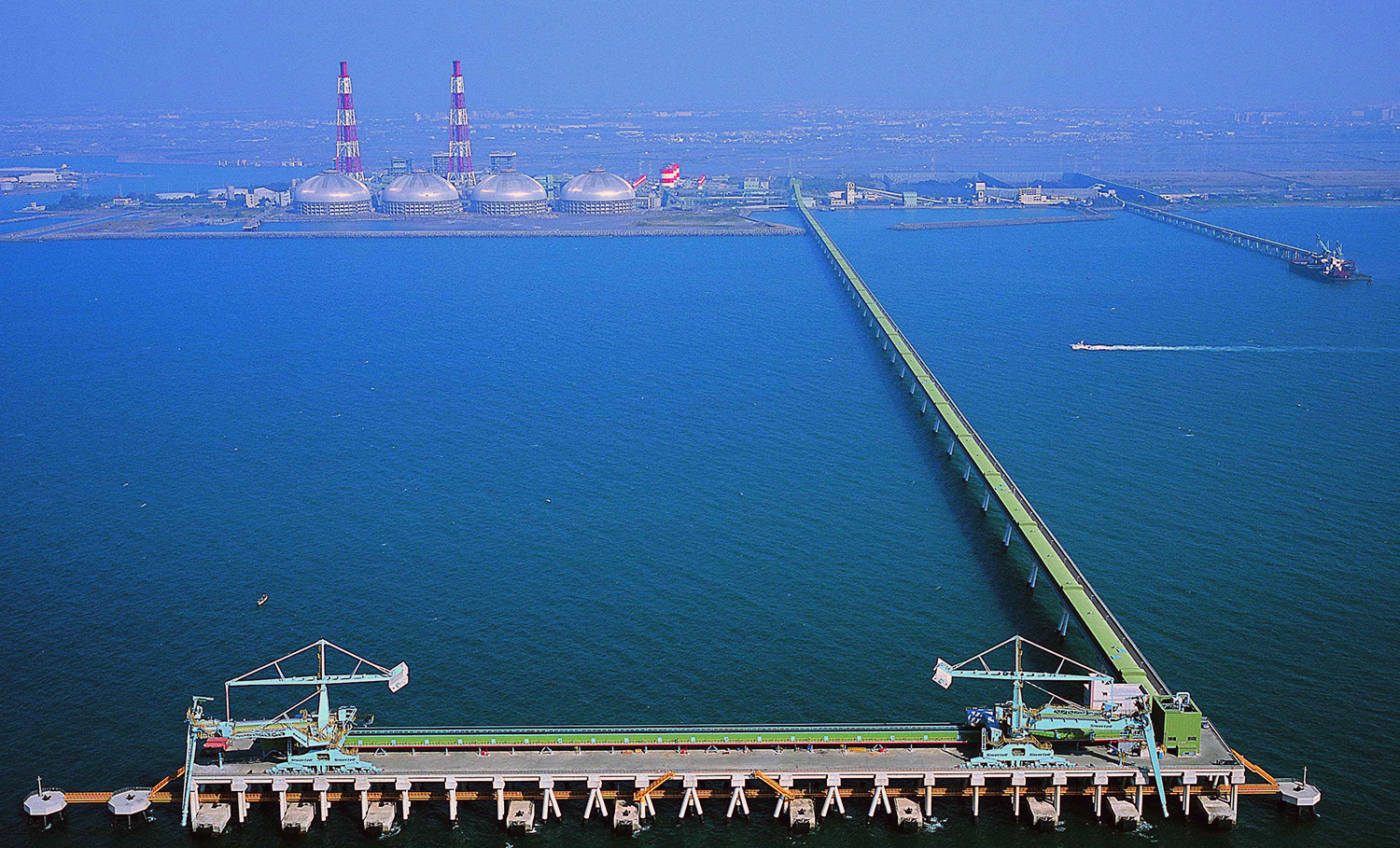
Is your terminal as efficient as you think it is?
Port terminals use machinery that lasts for decades; these are long-term investments, so, whether updating technology or designing a new optimized terminal, the right port terminal cargo handling equipment decisions need to be made from the outset.
We have developed a value calculation tool that enables us to accurately simulate the impact of different technical solutions on the long-term profitability of both existing and planned new terminals.
Modeling includes factors such as the cost of the jetty, conveying system, and wider operational figures such as demurrage, personnel, energy consumption and material handling waste, for example, spillage. This knowledge holds the potential to lift operations to new levels of profitability.

Driving our digital future
Like all industry leaders, we are increasing the use of digitalization and automation in our technology to create, and be part of, smarter fully integrated ports and industries, seamlessly connecting intermodal services and downstream dry bulk material handling, conveying and storage systems.
Complete bulk terminal solutions
Bruks Siwertell’s products and solutions meet worldwide environmental protection regulations and ensure that every port terminal achieves the highest possible operational efficiency. Our products can be delivered as part of an integrated solution and ensure high-capacity, high-efficiency dry bulk material handling and processing. Port terminal cargo handling equipment includes continuous screw-type ship unloaders, loaders, conveying systems, and stacking and reclaiming solutions. All deliver substantial cost savings by ensuring optimized operations and through-life reliability and performance.
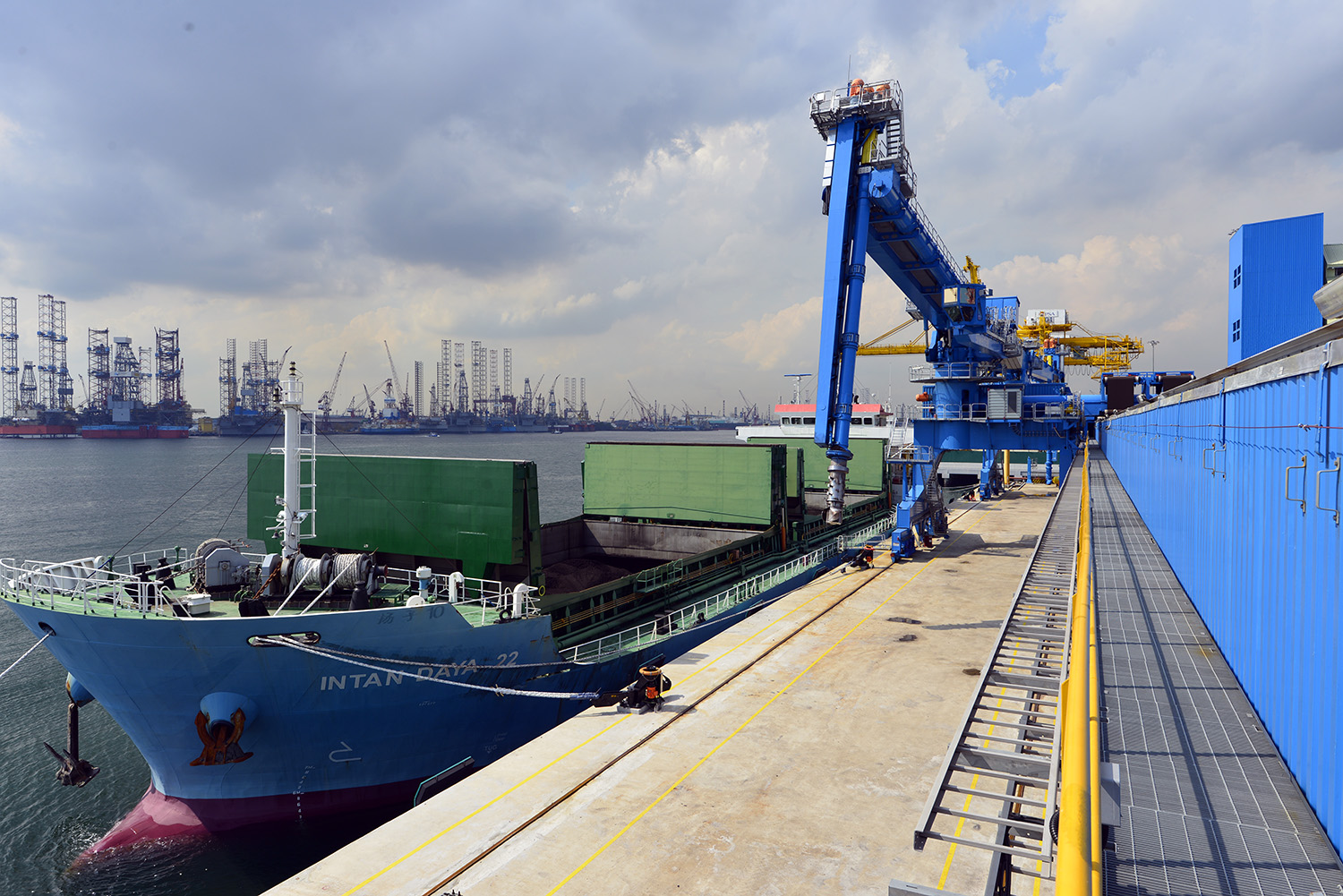
Supplying vital support to worldwide industries
We secure the handling and processing of bulk materials and free-flowing dry cargoes for global trades and industries. Port terminals are the gateways for power generation, food production, industrial manufacturing processes and construction. We have a role to play in each.
Securing power-generation supply lines
Fuel supply chains for power-generation applications, from coal to biomass, require reliable, high-capacity systems that have the capabilities to respond to operational changes and offer guaranteed levels of through-ship and conveying performance.
Power-generation facilities rely on our technology throughout the world, and as energy demands increase, new ways to meet them are explored. Our Siwertell screw-type ship unloaders have the flexibility to seamlessly switch between coal and biomass pellets, ensuring both terminal and material handling efficiency. Our loaders, conveyors, woodyards, wood-processing, storage and stacking and reclaiming systems complete the whole fuel supply and handling package.
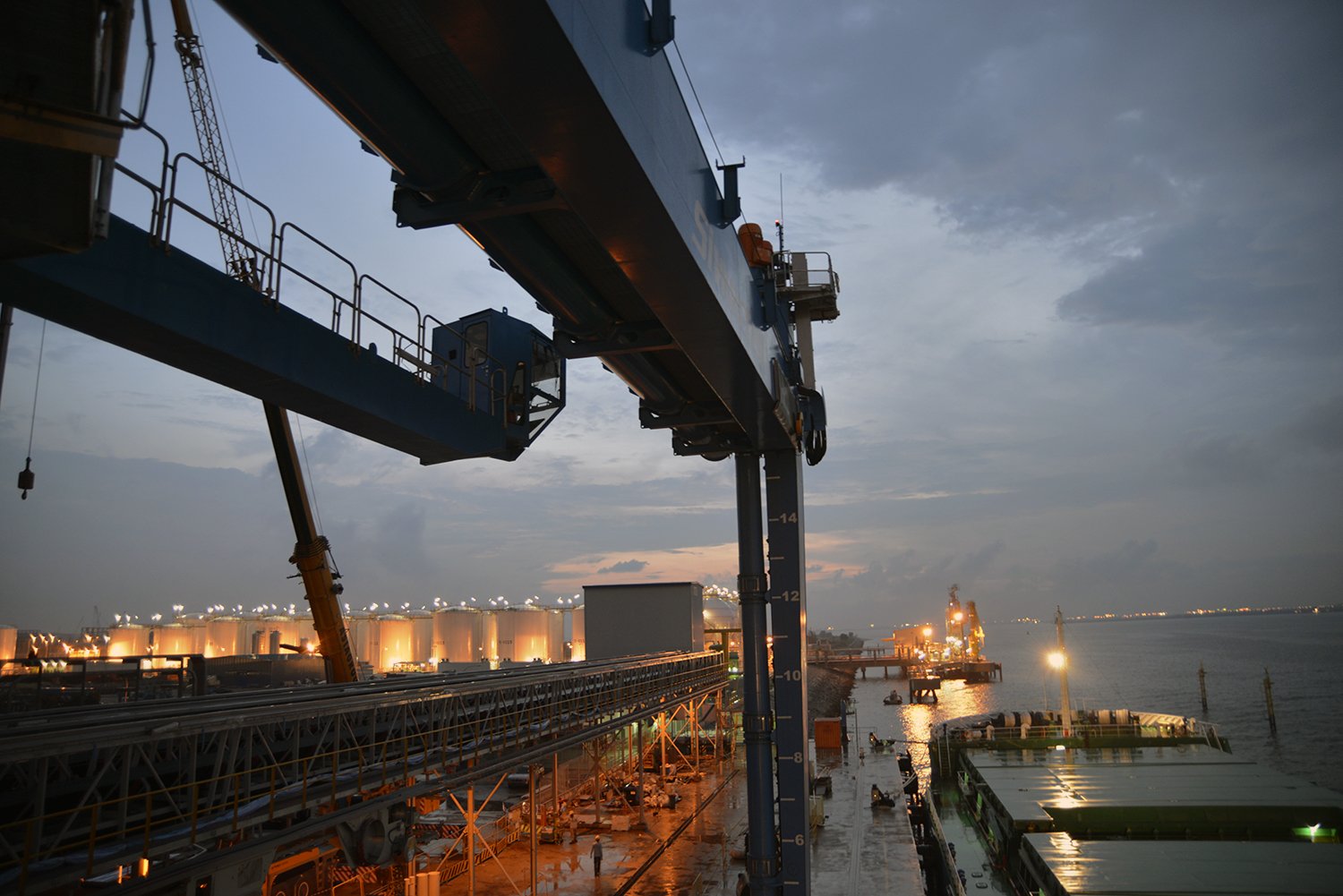
A sustainable future with bioenergy and biofuels
The world is making a green shift, moving away from fossil-fueled economies to a renewable energy movement. Bruks Siwertell is well-placed to assist this move to diversify, and offers a broad portfolio to serve the bioenergy and biofuel sectors.
We support entire bioenergy, pellet and biofuel production chains, from the sustainable harvesting of wood products in the forest, to specialist processing systems that achieve the highest yields from waste wood residues.
For the global bioenergy market, this could include the production of biomass pellets from raw materials, through to their processing, handling and transfer to or from a ship, and onward to a power-generation facility.
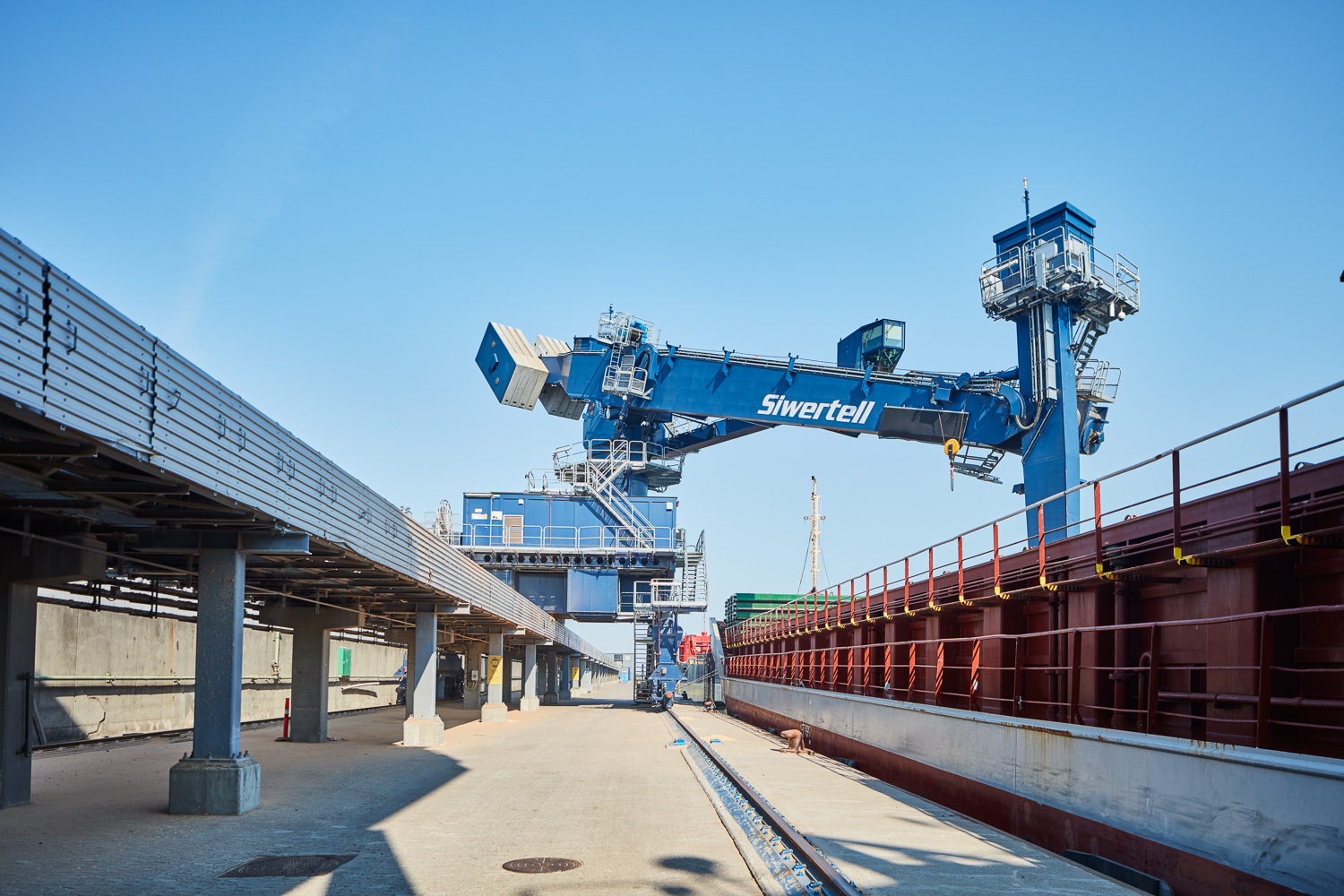
The rapidly developing biofuel and biorefinery industry, generating renewable liquid fuel from biomass, relies on many of our systems. We have a global reputation for the delivery of market-leading wood-processing technology including forest and waste wood feedstock preparation and storage equipment. This can comprise screw-type receiving hoppers, raw material screening systems with vibrating conveyors, hammer mills, grinders, bale processors, composting solutions, storage systems, and connecting conveyors that efficiently link and transfer all processing sections.
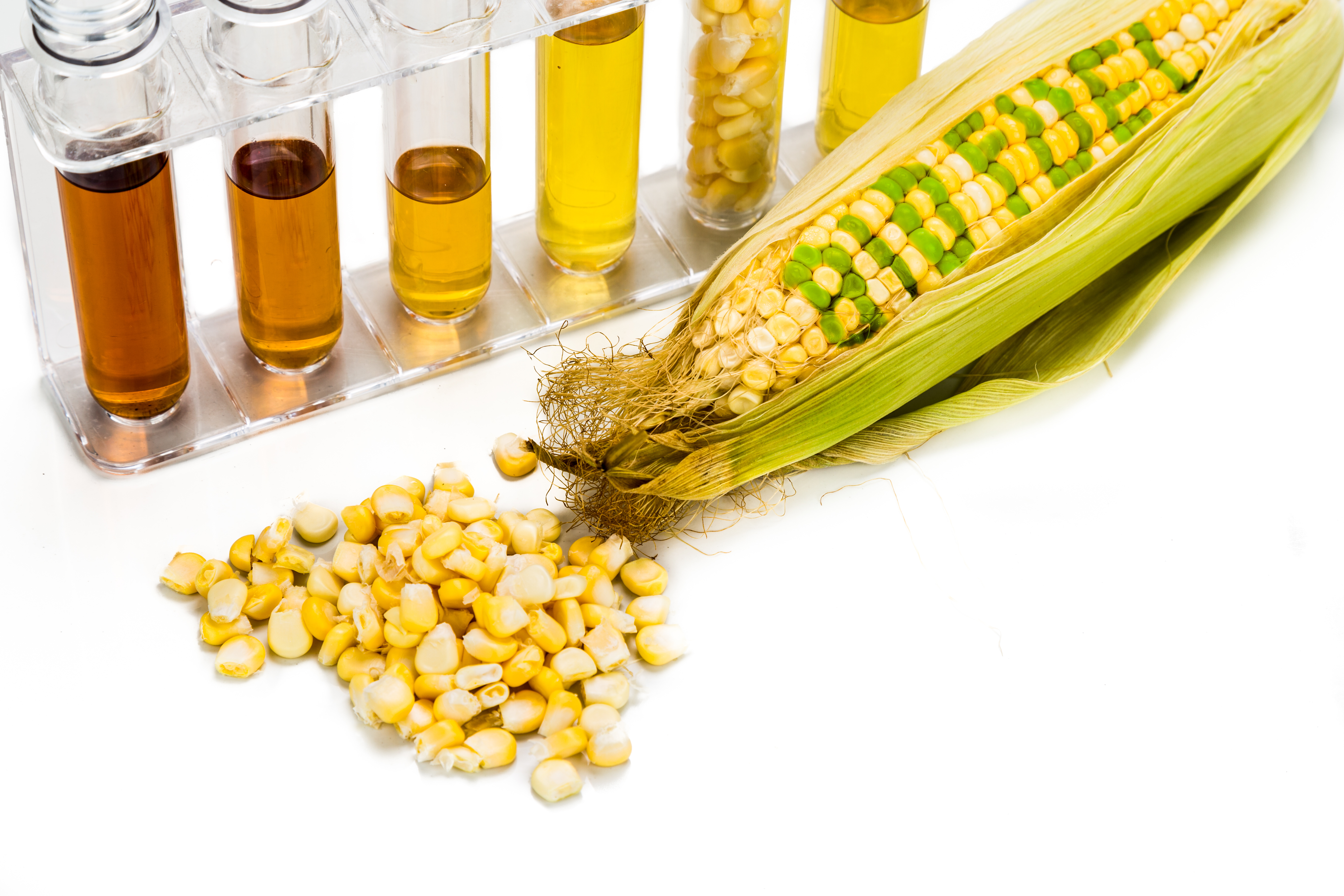
Pulp, paper and panelboard industries
Although often seen as removed from the port, processed wood industries are heavily reliant on it. Specialist vessels import and export hardwood and softwood logs, sawn timber, and processed wood products and byproducts from wood processing.
These secure supply lines for pulp and paper manufacturing, along with the panelboard and particle board industries, and numerous other key applications within the processed-wood sector.
We have developed a unique range of equipment that can be found at every phase of processed wood supply chains, from mobile chippers in the forest and butt-flare reducers in the mill, to unloaders, loaders and conveying solutions in the port, ready to transport and receive processed wood-residue material in all its forms from chips to biomass pellets.
Click below and find out more about how we support the pulp and paper industry and panelboard manufacturing.
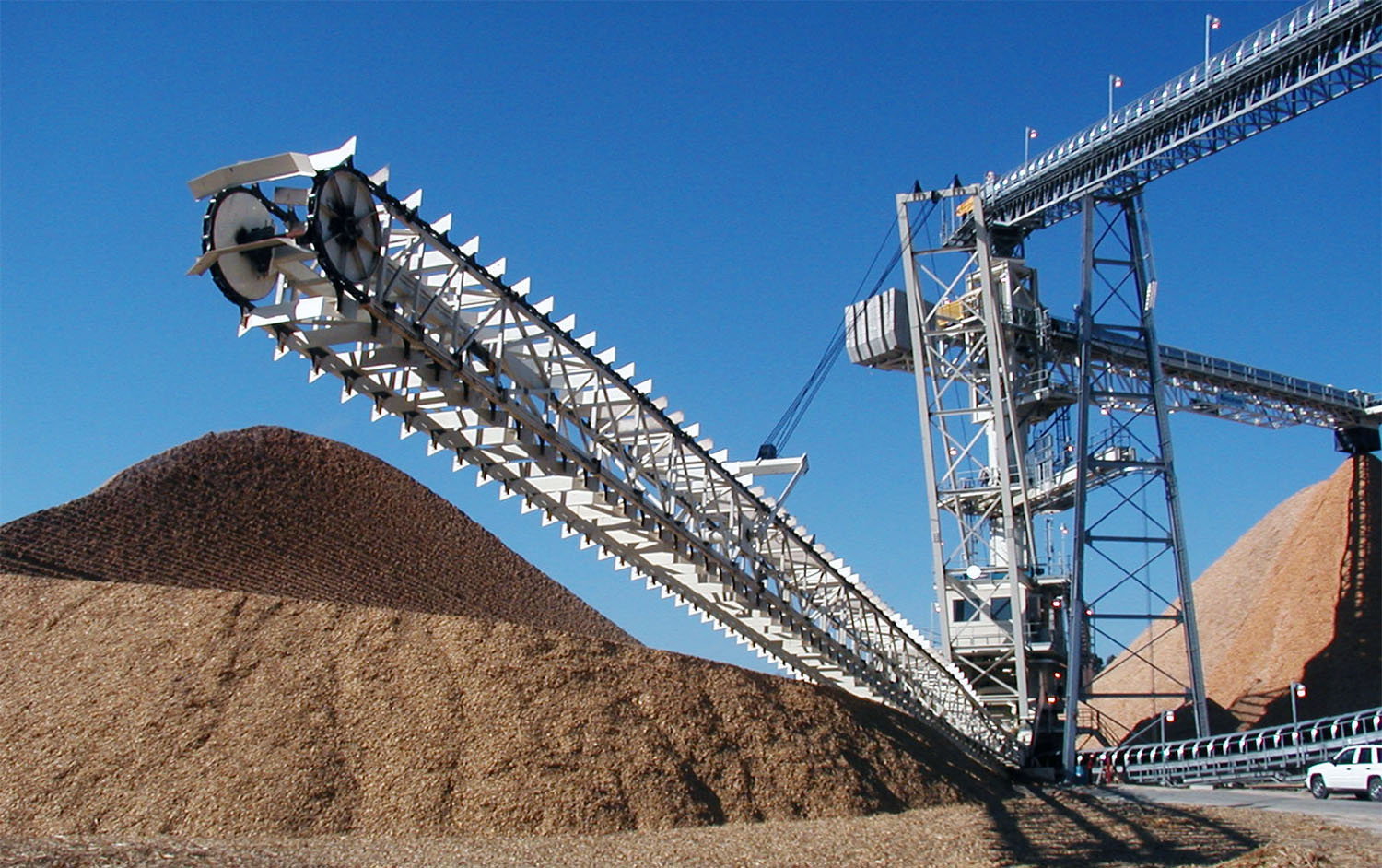
Sawmills benefit from boosted yields
Sawmills take raw wood products, from imported or local supply lines, and turn them into lumber; their yields are directly impacted by the configuration and efficiency of their machinery. We focus on ensuring that the sawmills we work with gain the most from their equipment.
Our heavy-duty milling systems ensure that wood products are in an ideal condition to be processed. For example, Bruks butt-flare reducers significantly increase the productivity and reliability of sawmills, log-sorting plants, and veneer mills, by machining the flared butt of a log before onward processing. Regardless of the sawmill size, butt-flare reduction significantly increases lumber yields.
Further gains are also made through waste wood residue processing and even dust collection, positively impacting the environment from fugitive emissions, and adding value through diverting sawdust into the biomass and bioenergy markets.
Agri-bulk benefits from high-performance handling
Port terminals are vital to the agri-bulk industries that supply the food and farming markets. Our reliable, flexible port terminal cargo handling equipment, including ship unloading, loading and conveying systems, serve both large-scale and smaller import and export operations. We safely and efficiently handle both the raw materials used in farming, including fertilizers, and the end products.
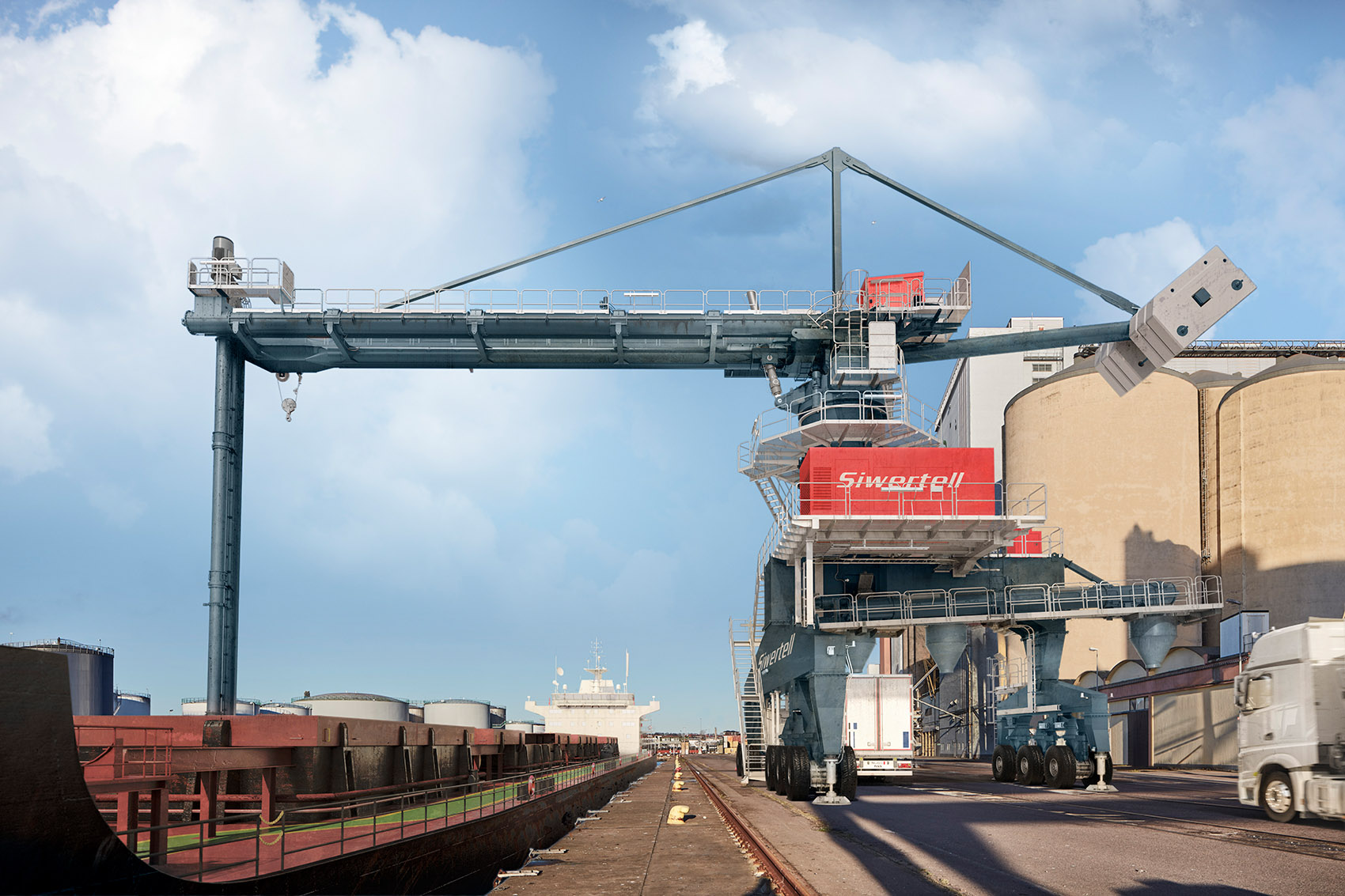
Our high-capacity ship unloaders, loaders and integrated conveying and storage and reclaiming systems offer impressive economies of scale for all commodities such as grains, cereals, soya beans, sugar and salt. Furthermore, our highly agile port-mobile unloaders are especially wellsuited to grain handling and leave the jetty clear when not in use.
All our systems are extremely efficient and have been designed to handle delicate bulk commodities gently to prevent any cargo damage and loss.
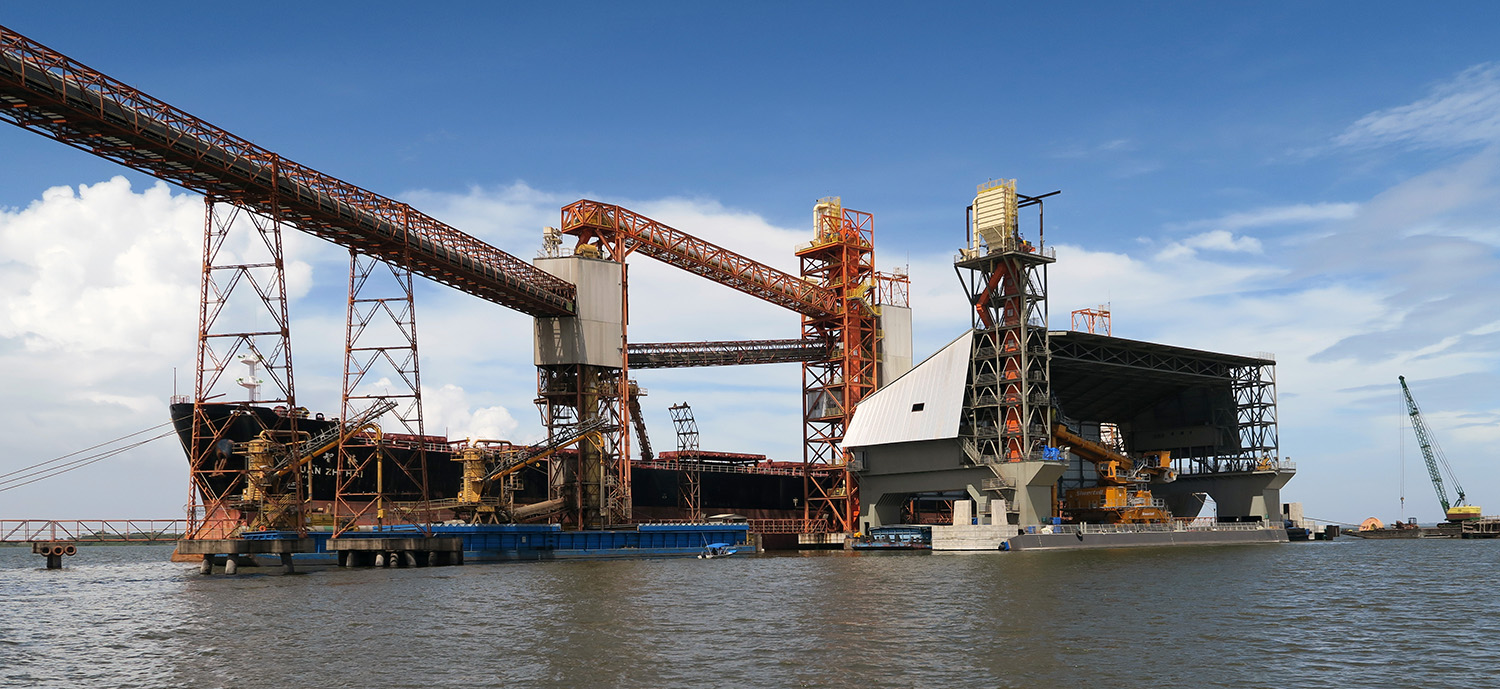
Industry-leading dry bulk handling from construction to manufacturing
Our systems handle the raw materials for the construction industry including cement, clinker and aggregates, and can be found serving virtually every industrial manufacturing facility that requires dry bulk cargo, from steel and aluminum production through to the global fertilizer industry.
From highly corrosive commodities such as sulfur to dense, abrasive commodities like iron ore, our equipment is designed to meet operator demands.
To find out more about how our systems could deliver a competitive advantage to your business operations click here.
 Bruks-Siwertell
Bruks-Siwertell
